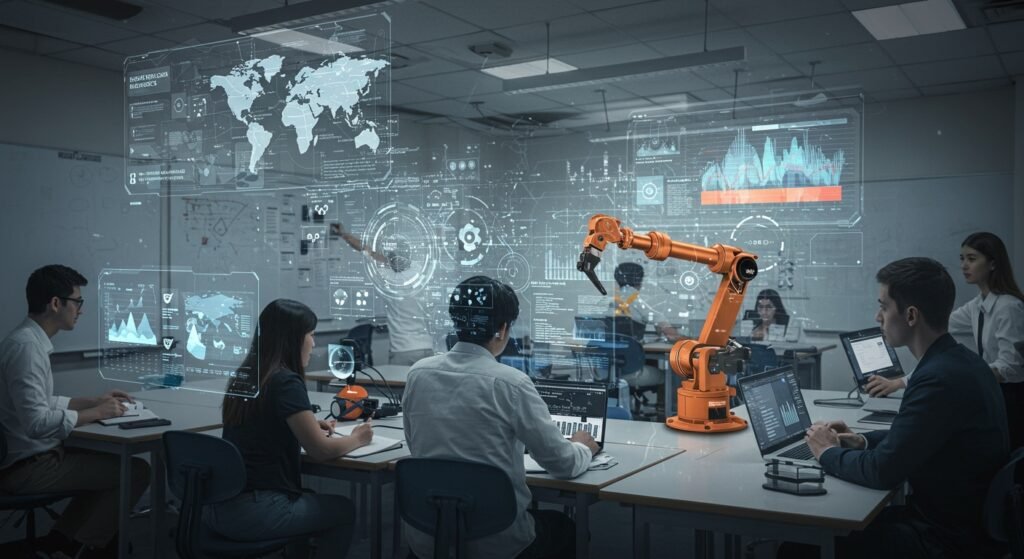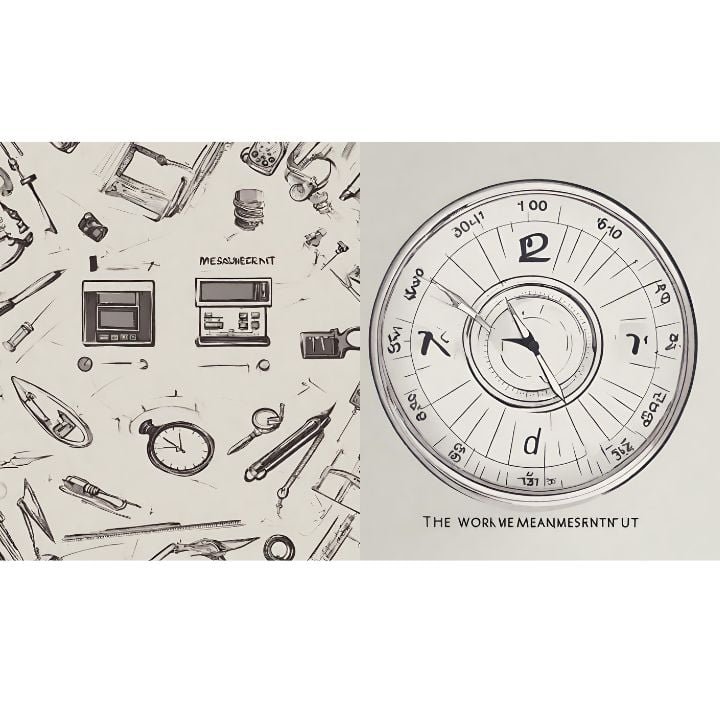The Evolution of Supply Chain Education in Industrial Engineering
The landscape of global commerce is perpetually shifting, demanding an equally dynamic approach to professional training. At the heart of this transformation lies the critical evolution of supply chain education, particularly within the robust framework of industrial engineering. For decades, industrial engineering programs have been the bedrock for optimizing complex systems, and the integration of advanced supply chain principles has become indispensable. This article delves into how supply chain education has transformed, highlighting its increasing complexity, technological integration, and its pivotal role in preparing the next generation of industrial engineers.
Table of Contents
- The Early Days: Foundational Principles
- Digital Transformation and Modern Challenges
- Modern Supply Chain Education Curriculum
- The Future of Supply Chain Education: Key Trends
- Conclusion: Shaping the Next Generation
The Early Days: Foundational Principles
In its nascent stages, supply chain education within industrial engineering departments often focused on foundational concepts like inventory management, production planning, and basic logistics. The emphasis was heavily on operational efficiency within a single enterprise, with less attention paid to the end-to-end global network. Courses typically covered statistical process control, facility layout, and material handling, reflecting the industrial era’s priorities.
Initial Focuses and Traditional Methods
Traditional industrial engineering programs provided a strong quantitative background, teaching students how to apply mathematical models to optimize discrete manufacturing processes. While valuable, this approach sometimes overlooked the interconnectedness of global supply chains. The curriculum aimed to produce engineers capable of streamlining factory floors and optimizing distribution centers, rather than managing a complex web of international suppliers, manufacturers, and distributors. The concept of an integrated “supply chain” as a strategic advantage was still emerging.
Digital Transformation and Modern Challenges
The advent of globalization and rapid technological advancements fundamentally reshaped the world of supply chain management. The rise of e-commerce, big data, and automation presented unprecedented challenges and opportunities. Industrial engineers quickly realized that their toolkit needed significant expansion to address these new complexities, necessitating a radical shift in supply chain education.
Integrating Technology and Data Analytics
Modern supply chains are data-intensive. From demand forecasting to logistics optimization, data analytics has become a core competency. Industrial engineering programs have responded by incorporating courses on data science, machine learning, and predictive analytics. Students learn to leverage tools like Python and R, along with specialized supply chain software, to analyze vast datasets and make informed decisions. This integration ensures graduates are not just problem-solvers, but also data-driven strategists.
Furthermore, technologies such as the Internet of Things (IoT) for real-time tracking, blockchain for transparency, and artificial intelligence for automation are now integral to supply chain operations. Understanding these technologies and their application is crucial. For more insights into how technology is changing engineering fields, you might explore this internal article on the future of industrial engineering.
Modern Supply Chain Education Curriculum
Today’s supply chain education in industrial engineering is far more comprehensive and interdisciplinary. It spans beyond manufacturing and logistics to include global sourcing, risk management, sustainable practices, and ethical considerations. The curriculum is designed to produce agile and adaptable professionals.
Key Competencies and Evolving Skillsets
The table below illustrates some key shifts in the competencies emphasized in supply chain education:
| Traditional Focus | Modern Focus |
|---|---|
| Inventory Management | End-to-End Supply Chain Optimization |
| Production Planning | Global Sourcing & Procurement |
| Basic Logistics | Advanced Analytics & AI in Logistics |
| Cost Reduction | Risk Management & Resilience |
| Operational Efficiency | Sustainability & Ethical Supply Chains |
Graduates are expected to understand not just how to make a system efficient, but also how to make it resilient, sustainable, and ethically sound. This holistic approach prepares them for leadership roles in diverse industries. Professional organizations like the Institute for Supply Management also play a vital role in setting industry standards and certifications.
The Future of Supply Chain Education: 3 Key Trends
The trajectory of supply chain education continues upward, driven by new global challenges and technological advancements.
AI and Machine Learning Integration
The future will see even deeper integration of AI and machine learning for predictive modeling, autonomous logistics, and demand sensing. Programs will need to equip students with advanced coding skills and a strong understanding of AI ethics.
Sustainability and Ethics
Environmental concerns and social responsibility are no longer optional but central to supply chain design. Future education will focus heavily on circular economy principles, green logistics, and transparent sourcing to meet consumer and regulatory demands.
Global Resilience and Agility
Recent global disruptions have underscored the need for resilient and agile supply chains. Education will emphasize crisis management, geopolitical analysis, and building robust, adaptable networks that can withstand unforeseen challenges.
Conclusion: Shaping the Next Generation
The evolution of supply chain education within industrial engineering is a testament to the field’s adaptability and foresight. From basic operational management to complex, data-driven, and globally integrated systems, the curriculum has consistently evolved to meet the demands of a changing world. Industrial engineers are now at the forefront of designing and managing the intricate networks that power our global economy, and their education continues to be a vital crucible for innovation and progress.


